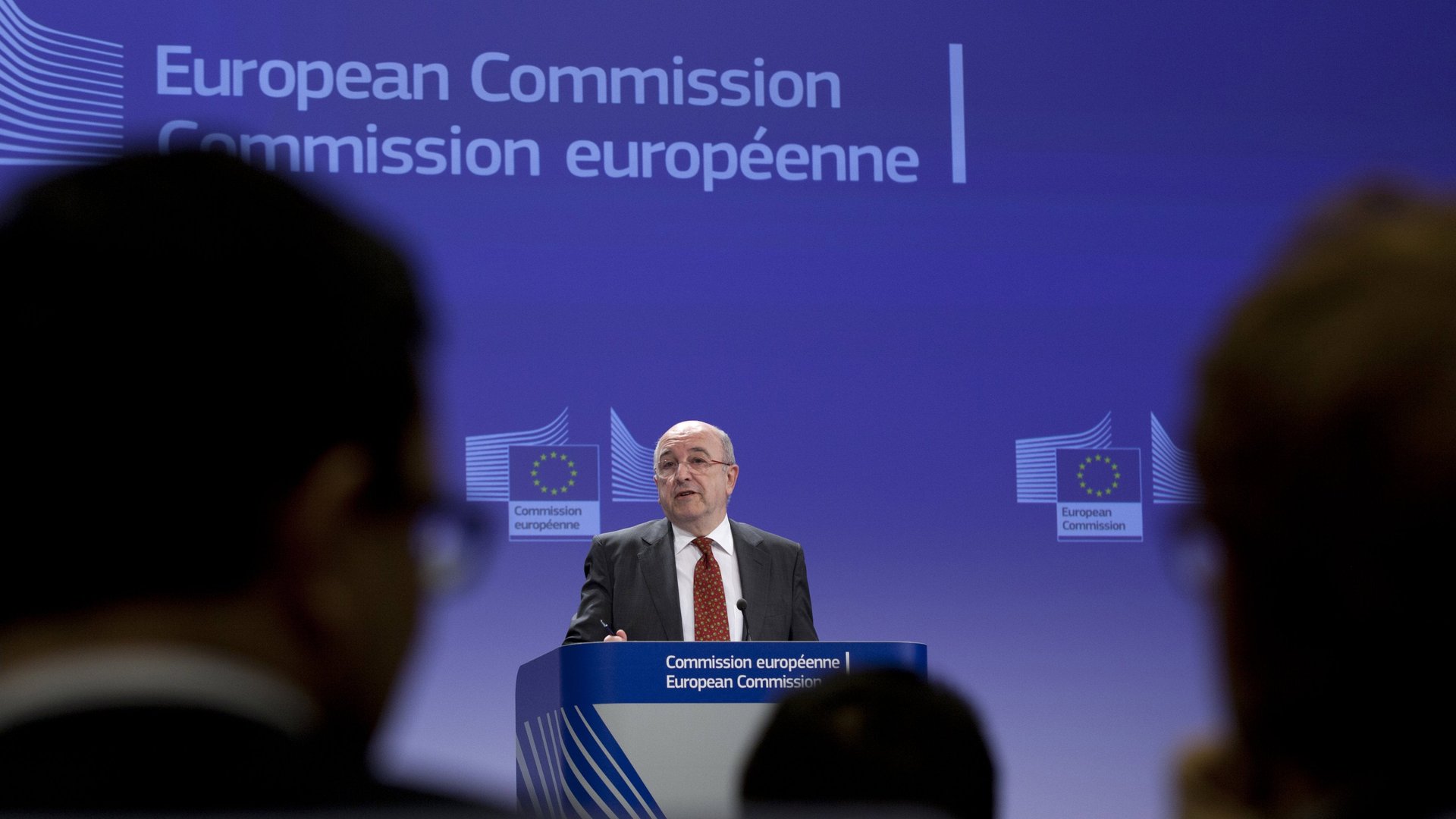Why Microsoft probably couldn’t care less that the EU just fined it $732 million
Microsoft violated the terms of its settlement of an anti-trust case, says the European Commission, by failing to let users know that they could use a web browser other than Microsoft Internet Explorer on their Windows-based PCs. This may seem like a very last-century thing to be fretting about, what with the rise of mobile browsers, which now have more than 10% of the total market for web browsing, but the Commission is almost certainly justified—Internet Explorer is still the dominant browser on the planet, and the share of people using it may have even edged up slightly in the past year.


Microsoft violated the terms of its settlement of an anti-trust case, says the European Commission, by failing to let users know that they could use a web browser other than Microsoft Internet Explorer on their Windows-based PCs. This may seem like a very last-century thing to be fretting about, what with the rise of mobile browsers, which now have more than 10% of the total market for web browsing, but the Commission is almost certainly justified—Internet Explorer is still the dominant browser on the planet, and the share of people using it may have even edged up slightly in the past year.
But here’s why Microsoft need not care about the €561 million ($732 million) fine: According to its latest 10-Q statement, the company has $51 billion in overseas cash burning a hole in its pocket. That money represents profits earned overseas, much of it in Europe, that Microsoft refuses to bring home to the US because to do so would be give up 35% of it in corporate taxes.
Indeed, the not-so-secret history of Microsoft’s acquisition of Luxembourg-based Skype is that the $8.5 billion Microsoft paid for Skype was just a few (giant) bills off the company’s wad of overseas cash. In 2011, Microsoft had just $42 billion in overseas cash holdings, or $9 billion—an entire Skype’s worth—less than it does now.
Granted, Microsoft is going to miss the half billion dollars in US cash equivalent (if it were repatriated and US taxes paid) that the EU will be extracting from the company, but given that Microsoft can’t figure out what else to do with its cash, that may simply be the cost of maintaining market share for its desktop browser.